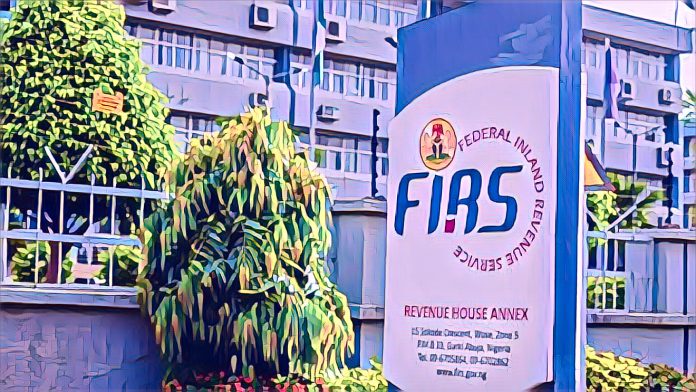KEY POINTS
- Nigeria’s real estate sector suffers a staggering annual loss of N36 trillion due to approximately 36 million households lacking formal property titles.
- Land registration costs vary widely, with fees reaching N4.5 million in some regions, complicating formal ownership for potential homeowners.
- Only 10 percent of Nigeria’s 40 million households hold formal property titles, leaving 36 million households unrecognized and outside tax regulations.
The Nigerian real estate sector has reported an alarming annual loss of approximately N36 trillion, primarily due to untitled land. The staggering figure highlights the economic consequences of a vast number of properties lacking formal ownership documentation, illuminating the significant challenges posed by the country’s informal land ownership system.
Registration costs compound economic impact
In an exclusive interview, Ayodele Odeleye, the Financial Secretary of the Nigerian Institution of Estate Surveyors and Valuers, revealed that only about 10 percent of Nigeria’s estimated 40 million households possess formal property titles. This means that a staggering 36 million households operate within the informal housing market, largely unrecognized by the government and exempt from taxes and regulatory fees.
As reported by Punch, land registration costs in Nigeria vary dramatically across different regions, complicating the path to formal ownership. Industry experts estimate that the average fee for registering a plot is around N1 million, a crucial figure in calculating the N36 trillion annual loss. This disparity in registration costs exacerbates the economic impact of informal land ownership, revealing the barriers that many potential homeowners face.
“The total number of households in Nigeria is approximately 40 million, as reported by the Nigerian Bureau of Statistics and the Centre for Affordable Housing Finance in Africa,” Odeleye explained. “Given the housing minister’s assertion that only 10 percent hold formal titles, it follows that 90 percent—or 36 million households—lack such recognition.”
Odeleye continued, “The revenue loss per household can be significant, as the government typically collects various fees from formally titled households, including property taxes, registration fees, and building permits. If we assume an average revenue of N1 million per household with a formal title, the potential loss from the informal sector can be calculated by multiplying 36 million households by N1 million, leading to an estimated N36 trillion loss annually. This is a rough estimate, with actual figures likely varying based on regional tax structures and fees.”
Disparities in registration fees
A Lagos Ministry of Land Bureau official, speaking anonymously, noted that land registration fees vary significantly by local government. For example, registering a plot in Epe can reach N4.5 million, particularly for non-civil servants. Developer Dr. Kolade Adepoju revealed he spent N600 million to document 10 hectares in Ibeju Lekki, averaging N4-5 million per plot, citing that registration complexities drive up costs.
Olufemi Oyedele, CEO of Fame Oyster & Co., emphasized that land registration costs in Lagos depend on specific locations. For example, in Ikeja, the fee for a 648-square-meter plot is around N3.5 million. He pointed out that registration costs have escalated dramatically since 1991 when fees were merely N20,000. “Land registration should ideally not exceed 2.5% of the land’s value to align with global best practices,” he added.
Navigating bureaucratic challenges
Oyeleye highlighted alternative revenue sources, including ground rents and tenement rates, now often combined as land use charges. He advised potential property owners facing high registration costs to approach their state governors for possible adjustments. Tejideen Oluwadare, a legal practitioner from Ota, Ogun State, emphasized the rising land values in suburban Ota, now exceeding N20 million, with title perfection costs nearing N5 million.
Legal expert Hassan Yakubu supported the N5 million estimate, citing high documentation costs due to bureaucratic delays and expenses for expedited processing. With the informal housing market thriving amid steep registration fees and red tape, the Nigerian government struggles to capture potential revenue and formalize land ownership nationwide.



